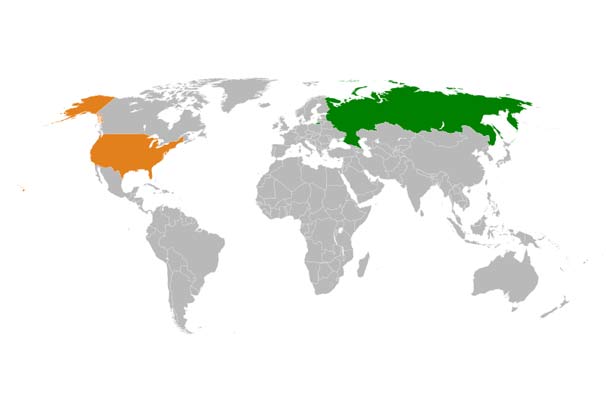
When the Soviet Union dissolved in December 1991, American and Russian diplomats agreed upon a mutually beneficial and even friendly relationship. But today, no such relationship exists. Indeed, U.S.-Russian relations have declined sharply over the last five years.
A talk at the Bronfman Center for Jewish Student Life yesterday focused on this decline and explored the complicated nature of America and Russia’s relationship.
The event, which was hosted by the Jordan Center for the Advanced Study of Russia and the Alexander Hamilton Center for Political Economy, featured five experts on U.S.-Russian relations.
The panelists offered differing perspectives concerning both the deterioration and the potential for recovery of these relations, though they all agreed to some extent that American foreign policy has failed to live up to the notion of a mutually beneficial partnership.
Former ambassador to the Soviet Union Jack Matlock said the United States and Russia have congruent interests and most of their disputes are not fundamental.
“It is the hangover of Cold War attitudes coupled with a misunderstanding of what happened at the end of the Cold War,” Matlock said.
Matlock argued that American policy was shaped by the myth that the United States won the Cold War, when in fact the end of the Cold War was beneficial to both countries.
This myth created a world in the minds of policymakers in which America is the sole remaining superpower, which caused policymakers, particularly during the George W. Bush administration, to act unilaterally in ways that hurt relations with Russia, Matlock said.
Former New Jersey Sen. Bill Bradley also talked about the harmful effects of this misconception.
“American policymakers bask in notions of Cold War victory or the idea that we could remake Russia in an American capitalist image,” Bradley said.
NYU Professor Emeritus of Russian and Slavic Studies Stephen Cohen argued that the American policy of selective cooperation played a role. He said the policy, adopted by the Clinton administration, focuses on obtaining major concessions from Russia without giving anything back.
Aksinya Sorokina, a second-year student at the Graduate School of Arts and Science who is from Russia, said she was most swayed by the opinion of Boris Jordan, a member of the Council on Foreign Relations, who spoke on the panel. Jordan said Russians are pragmatic and that relations can be improved through business.
“Business cooperation and technology will help to bring these nations together and break down the stereotypes,” Sorokina said.
A version of this article appeared in the Wednesday, April 10 print edition. Kevin Burns is a deputy university editor. Email him at [email protected].














































































































































